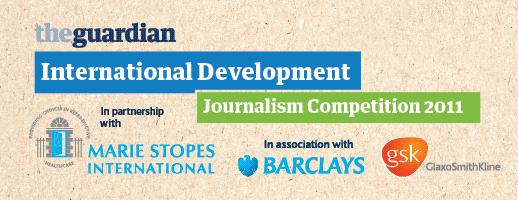Next Journalism:
uk literature
Apply for The Financial Times - Peter Martin Fellowship in London

Itupale Academic Writing Workshop at University of Cambridge
The Guardian 2011 International Development Journalism Competition on Global Poverty
Call for Papers: African Local Intellectuals Strand (Africa Journal)
Read for Read Anthology Writing Competition for East Africa Charity

Apply for the UK - Chevening International Scholarship Scheme (includes media studies/ journalism)
2011 Africa in Motion Short Film Competition
Call for Poetry: Black Rainbow Poetry 2011 Writing Project
Consultant Wanted: Literature Review of the African Diaspora in the UK
LSE Space for Thought Literary Festival Creative Writing Workshop With Lauri Kubuitsile (London)
African Writers' Series Presents EC Osondu: A Reading from "Voice of America" (Southbank Center, London)
UK-based English to Twi Translator Wanted
Apply for the £10,000 Charles Pick International Writing Fellowship at the University of East Anglia, UK
Arabic Tutor Required in Stevenage (UK, 20 EUR per hour)
Now Open to Submissions: Orange Prize 2011 for Women Writers
Project Officer Needed for the Commonwealth Writers Prize
Today's Top-paying Writing Jobs, Free Competitions, Paying Markets
Goldman Sachs UK Internship for Students in Ghana and Nigeria
Vacancy: Visiting Lecturer (Arabic), University of Westminister (UK, £50.46 per hour)
Diversity Essay Writing Contest



